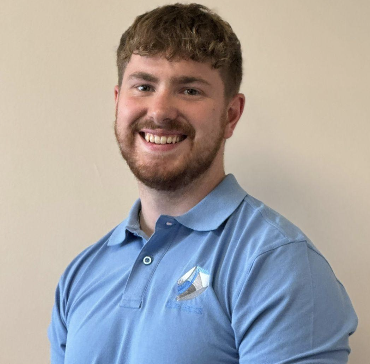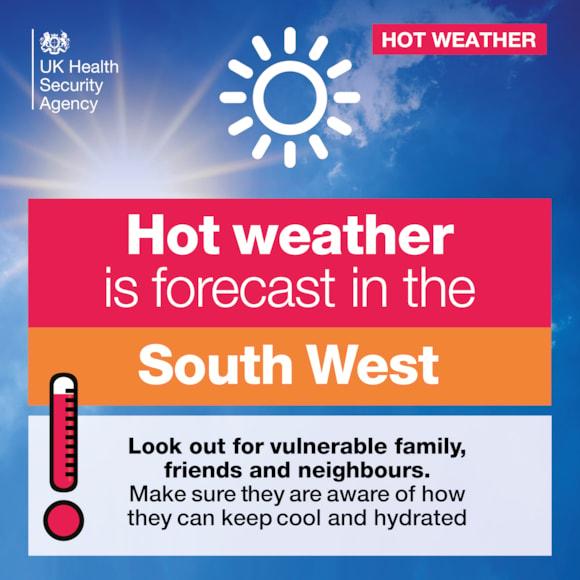A message from the Great Western Hospitals NHS Foundation Trust Speech and Language Therapists in support of Swallowing Awareness Day Wednesday 13th March 2019:
Imagine being unable to eat and drink safely and every time you do have a meal, it causes you to cough or choke. Unfortunately, this can be a reality for many patients who suffer from dysphagia - swallowing difficulties.
If not treated quickly, dysphagia can result in serious consequences such as malnutrition, dehydration, weight loss, chest infections, depression, and in some cases, it can even be fatal.
The Great Western Hospitals NHS Foundation Trust Adult Speech and Language Therapy team want to help people recognise the symptoms of the condition and understand the importance of seeking help earlier on.
Specialist Speech and Language Therapist, Lauren Gray has some advice on what to look out for when it comes to swallowing difficulties.
“When we swallow, we use 26 different muscles to ensure food or fluids are directed towards the stomach rather than into our lungs. If we cough or choke or bring food back up during a meal, it may be a sign that the mechanism isn’t functioning as it should.
“Other signs of dysphagia may include a sensation that food is stuck in your throat or chest, persistent drooling, being unable to chew food properly or a 'gurgly' wet sounding voice when eating or drinking.
“If you or someone you care for is experiencing swallowing difficulties, please speak to your GP because you may need an assessment from a dysphagia trained speech and language therapist. Early diagnosis and treatment can also help to rule out more serious conditions, such as oral or pharyngeal cancer, so don’t brush it under the rug.”
Here at the Great Western Hospitals NHS Foundation Trust, we provide both inpatient and outpatient specialist swallowing services for adults, and referrals can be made directly to the team or via another health professional such as a GP.
The team can assess swallow safety in various ways, such as a bedside assessment, a moving x-ray examination of swallowing (video fluoroscopy) or via a camera placed down the patient’s nose to identify the risk of food or fluids entering their airway.
The level of swallowing difficulty can differ from one person to the next, and by assessing each patient, their condition can be supported through rehabilitative exercises or diet modification, and in some cases, artificial nutrition may be required to supplement oral intake.
88 year old Derek Iles is one of our patients who suffers from dysphagia as a result of Parkinson’s disease and has a lot to say about the impact speech and language therapy has had on his quality of life.
“Having a meal had never been a problem until I was diagnosed with dysphagia. If I drink or swallow too quickly, I either cough or choke. It can be frightening when swallowing problems start but it’s helpful to know that there are things you can do to eat and drink safely.
“The speech and language therapists have helped me accept my condition. They taught me to slow down and take smaller bites or sips. Now, I don’t choke or cough as often. I have also been undergoing therapy for my speech, which sounds much clearer now.
“I would strongly advise others with swallowing difficulties to speak to their doctors or therapists because, although speech and language therapy doesn’t take all my problems away, I can now manage my condition better.”
Dysphagia can affect young people too. The condition can be present from birth or acquired later in life, either through trauma such as brain injury, or from a progressive condition such as dementia, or Parkinson’s disease.
Our hope as a Trust is to raise awareness among the people in Swindon and the surrounding area because no one should dismiss any of the signs, and everyone should seek help and support earlier on.










Your Comments
Be the first to comment on this article
Login or Register to post a comment on this article